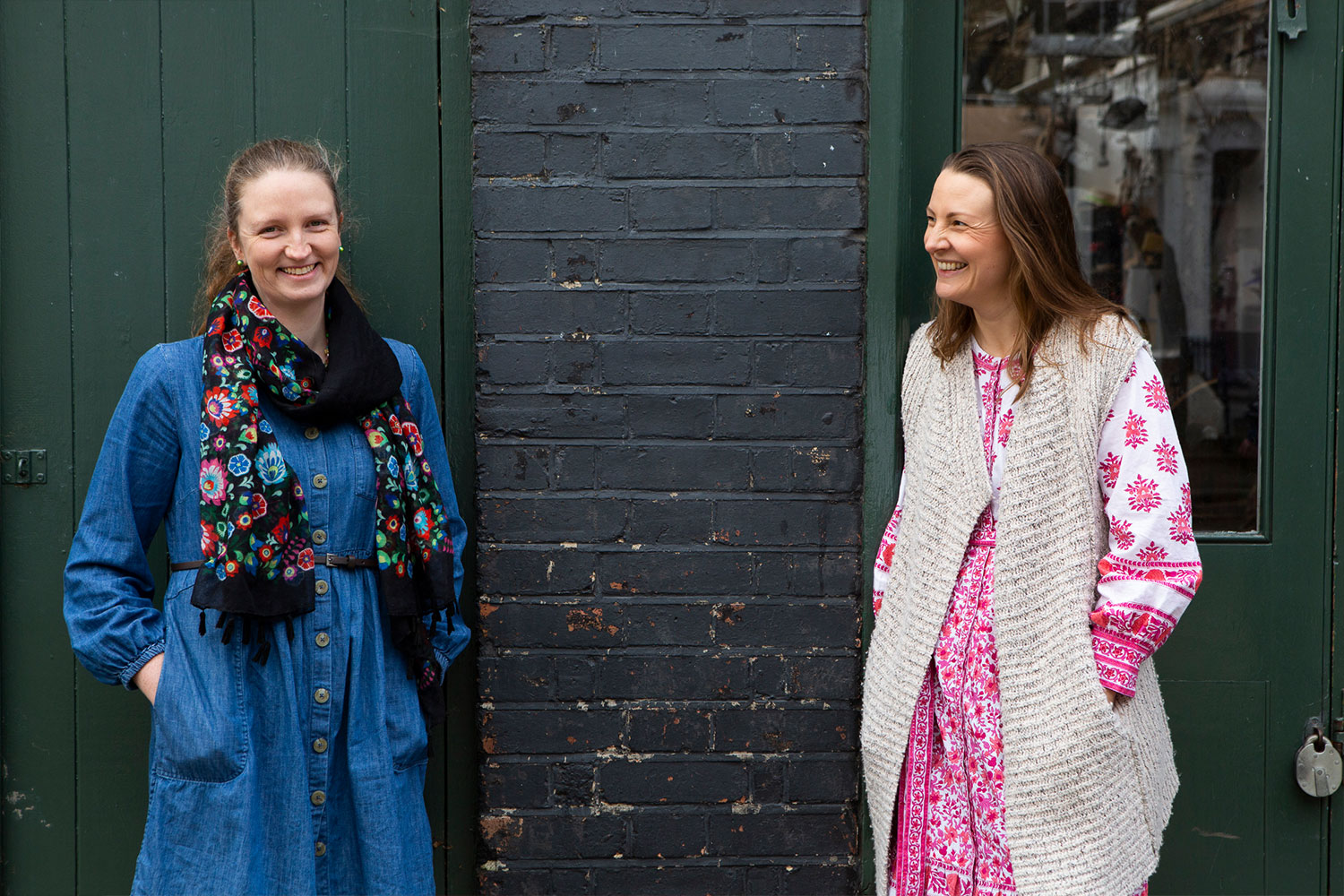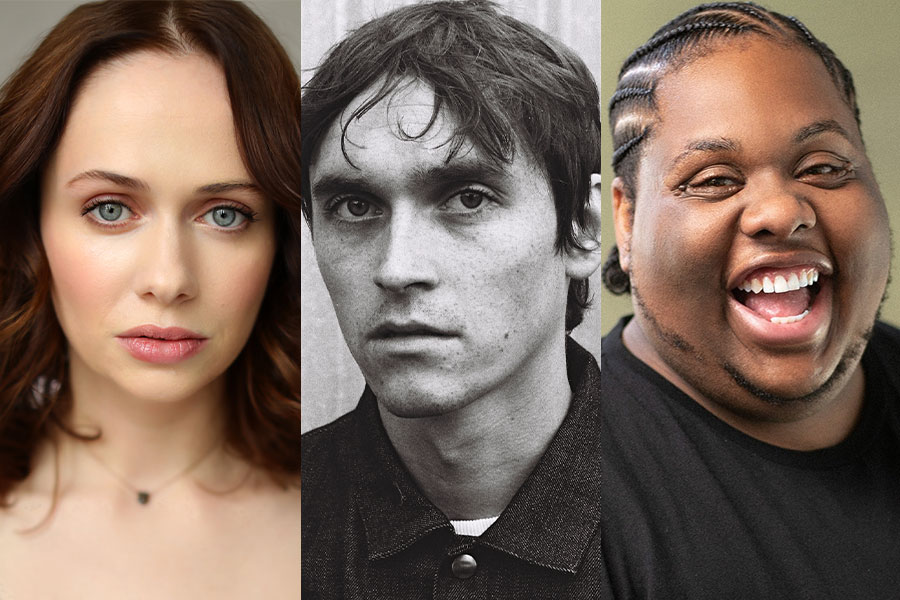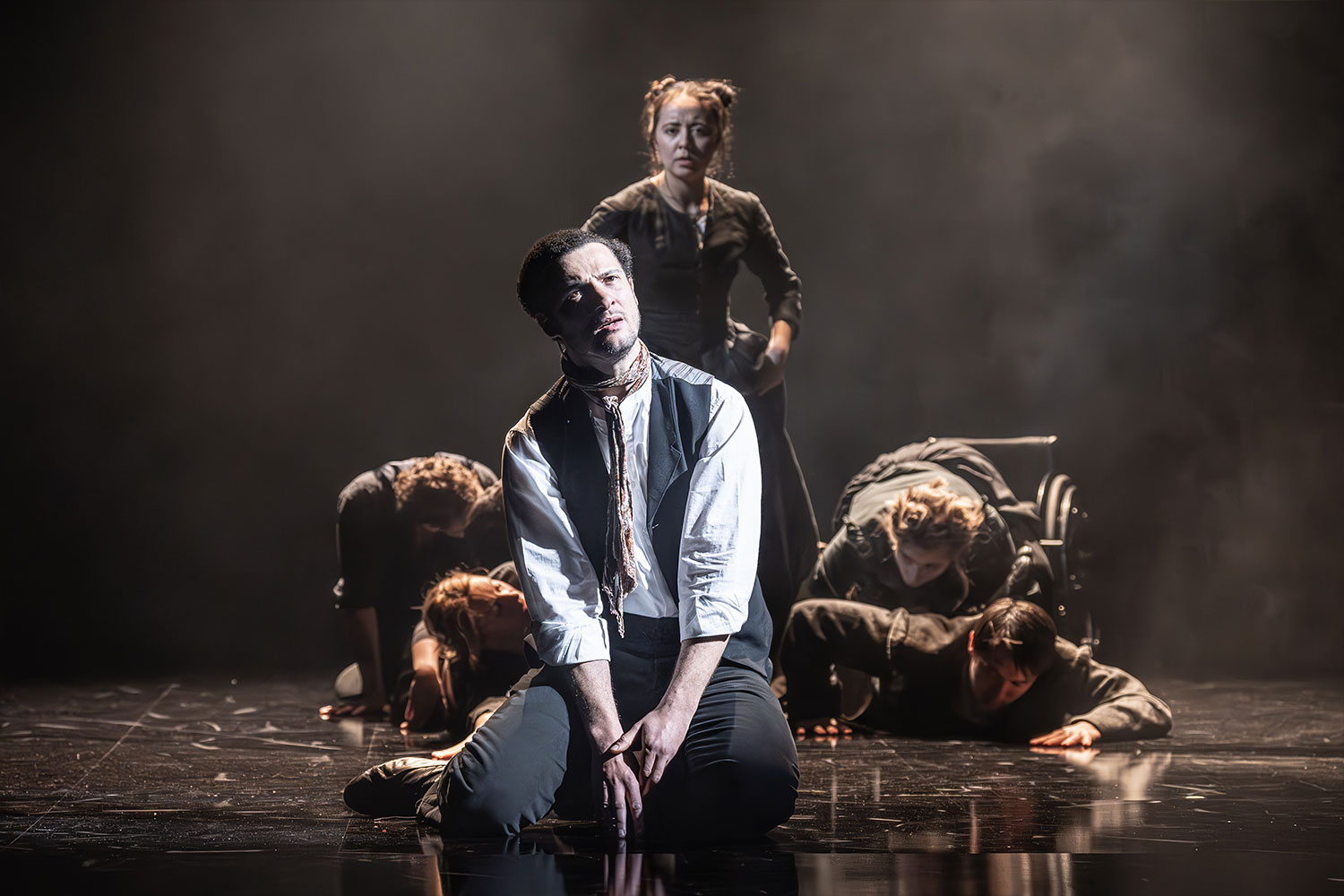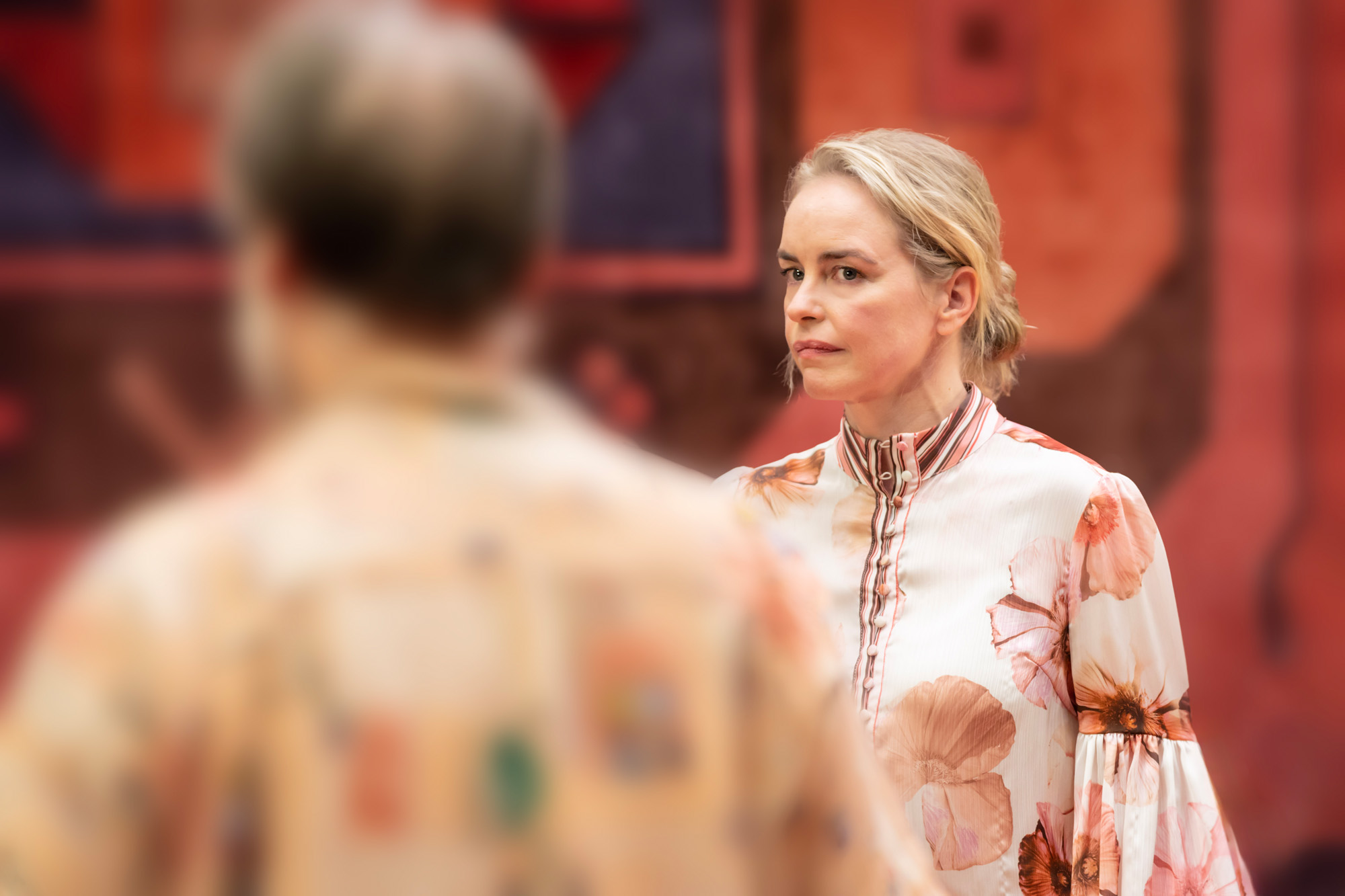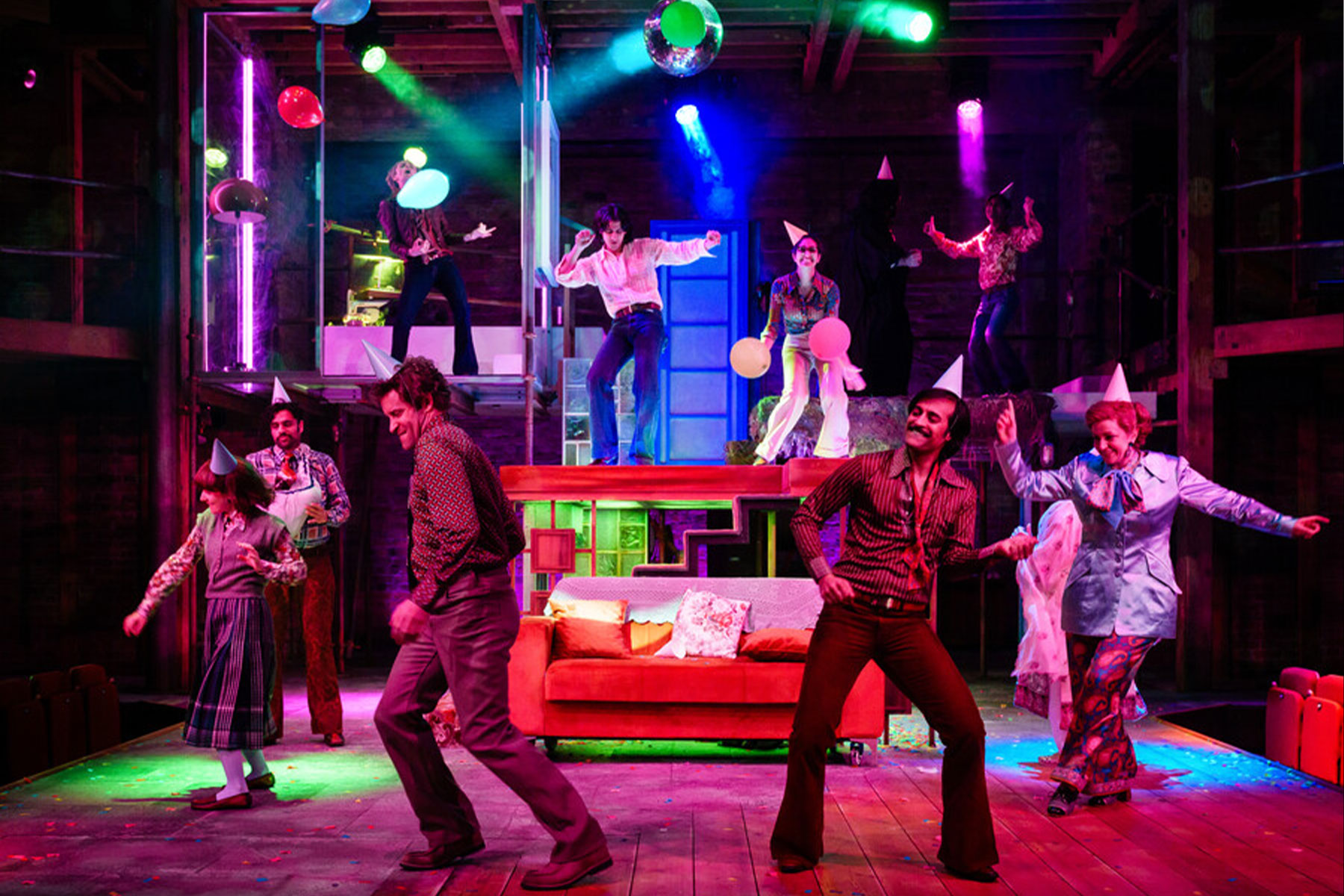Mrs Klein
Mothers and daughters on the stage were given a whole new twist by Nicholas Wright in his wonderfully skilful play Mrs Klein, first seen at the National Theatre in 1988 but now performed all over the world.
Thea Sharrock’s revival may be a replacement for the Samuel Adamson play that never happened, but it punches its weight and proves that family business among the Jewish psychoanalysts – Mrs Klein herself, her daughter Melitta and a new disciple, Paula, gathered in a Hampstead drawing room in 1934 – is not necessarily a slapstick comedy.
More of a tragedy, in fact, as Mrs Klein’s relationship with her daughter unravels in the aftermath of her son’s death in a climbing accident. Maternal guilt and responsibility have become muddled in professional jargon, the great stylistic mode of Wright’s play, and straightforward expressions of love lost in a miasma of analytical interpretation.
Melanie Klein, a pioneer in her own right, used to say she was a Freudian but not an Anna Freudian, and there’s a passage about dreams which dramatically rebounds on itself to prove a point about the old bat’s tunnel vision. “No hard feelings?” says her daughter; “Not on a conscious level!”
The opening scene is a bit slow, and there were some nervy passages of play on opening night, but once combat is joined in Tim Hatley’s blood red room of books, portraits and wooden side cabinets, the sparks fly between Clare Higgins as the intimidating guru, Zoe Waites as Melitta and Nicola Walker as her protégé newly arrived from Budapest.
There are two periods of compressed night time, delicately handled in Neil Austin’s lighting, in a play that otherwise has a satisfying forward momentum geared to a series of merciless exposures and revelations.
The three women could be more Jewish, perhaps – did I miss Mrs K’s response to the question of is there anything worse than a bossy Central European Jewish mother (“I hope”)? – and Higgins doesn’t convey the imperial silliness of the late Gillian Barge in the original, even though she fights through to a magnificent tearful lament for her “lost” children.
All three women act beautifully and I can only offer praise for the period hair pieces, the costumes and even the sound of Ian Dickinson, though a string quartet fades on the gramophone without anyone removing the needle Mrs Klein placed there carefully one minute before.



